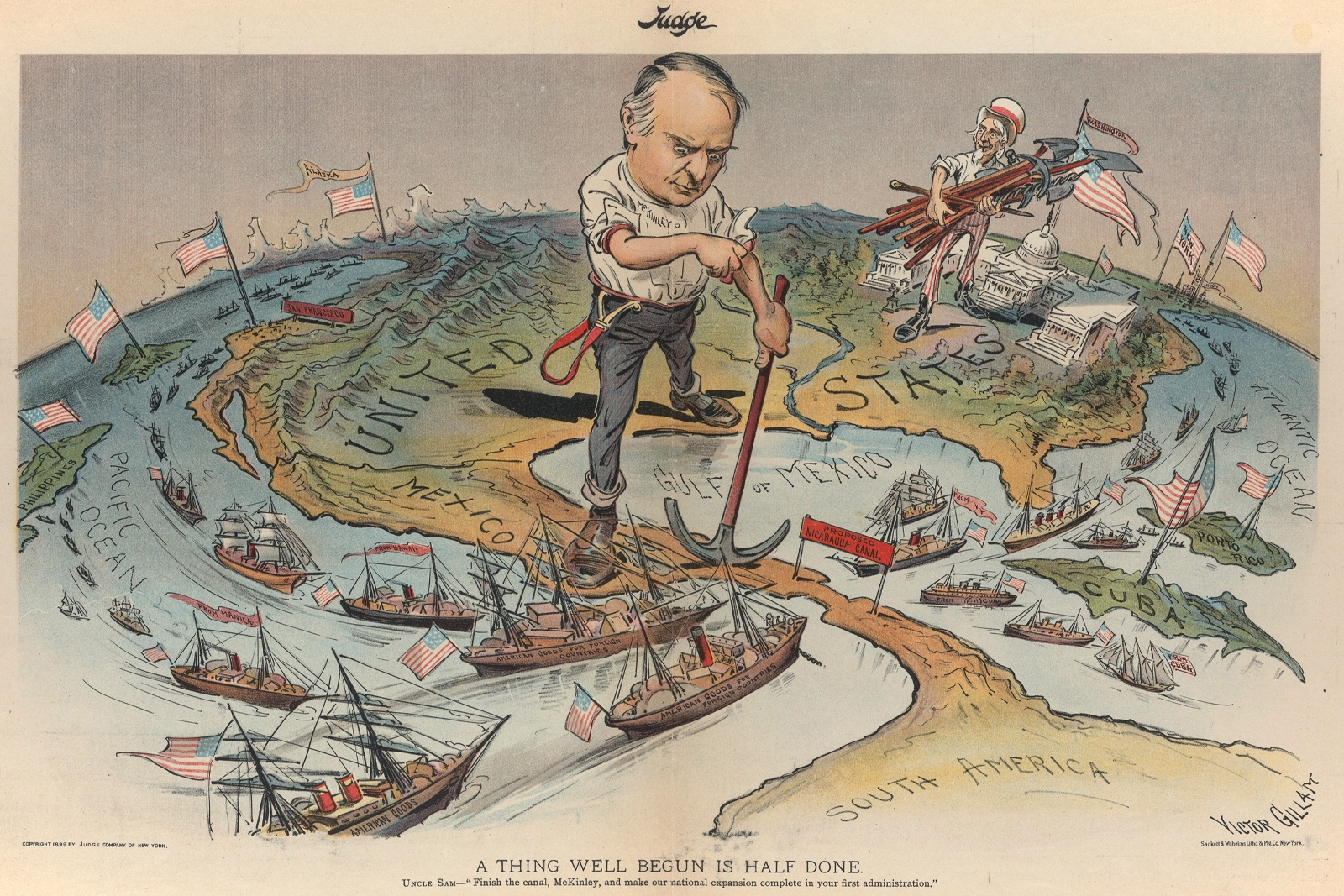
China’s Quiet Coup in the Caribbean
BEIJING, China – A quiet but consequential shift is unfolding in America’s backyard. One of Washington’s core foreign policy principles is being tested—not subtly, but in a way that borders on the audacious.
The irony is hard to miss. Washington rattles sabers, or at least jingles them, over Taiwan. “We might…we will…we’ll consider…we’ll help the island defend itself,” goes the halting refrain from U.S. politicians. Yet right under its nose, China is wading into the Caribbean—not for the sake of commerce alone, and certainly not without Taiwan in mind. Of Taiwan’s dwindling diplomatic allies, seven of twelve sit in the Caribbean basin. That tally includes the Holy See, which, while not geographically Caribbean, is eager to formalize relations with Beijing.
For China, Taiwan is more than an island off its southern coast where the defeated Kuomintang fled after the Communist victory in 1949. It is territory—non-negotiable. Beijing’s Taiwan policy, in its own way, mirrors America’s long-standing “Monroe Doctrine.”
The United States, of course, has the original. Declared on December 2, 1823, in President James Monroe’s seventh State of the Union address, it asserted U.S. primacy in Latin America and the Caribbean. The doctrine warned foreign powers to stay out of the hemisphere, effectively designating it America’s backyard.
For generations, the Monroe Doctrine underwrote U.S. interventions in the region—often as a shield for friendly strongmen. But without ceremony, that shield is now inverted. China is quietly filling the vacuum left by President Donald Trump’s deep cuts to foreign aid and his broader pullback from overseas commitments.
Beijing is not coy about its ambitions. In May, President Xi Jinping announced a $9 billion credit facility for Caribbean nations at a summit in Beijing, a financial infusion designed to deepen Chinese influence. This builds on a trade boom that has seen China–Caribbean commerce leap from $1 billion in 2002 to over $8 billion by 2019.
And China’s interest is not new. The country’s ties to the region date back to the sixteenth century, when porcelain, silk, and spices crossed the oceans into Caribbean ports. Today, trade remains the primary driver—but the strategic dimension is unmistakable.
Per capita, Chinese military delegations visit the Caribbean more than any other region. Beijing’s presence is felt in subtler ways too, including at America’s own borders. A U.S. House Homeland Security subcommittee reported last year that the number of Chinese nationals detained for illegally crossing from Canada or Mexico surged from 1,970 in 2022 to 24,376 two years later.
Beyond the Caribbean, Chinese eyes are fixed on the Strait of Magellan at South America’s southern tip—a maritime chokepoint linking the Atlantic and Pacific. Beijing has floated plans for a port there, a project that could give it leverage over global shipping routes.
Whether the Monroe Doctrine is outdated or unenforceable is almost beside the point. The reality is that China is acting as if it is—and so far, the United States seems unable, or unwilling, to prove otherwise.
